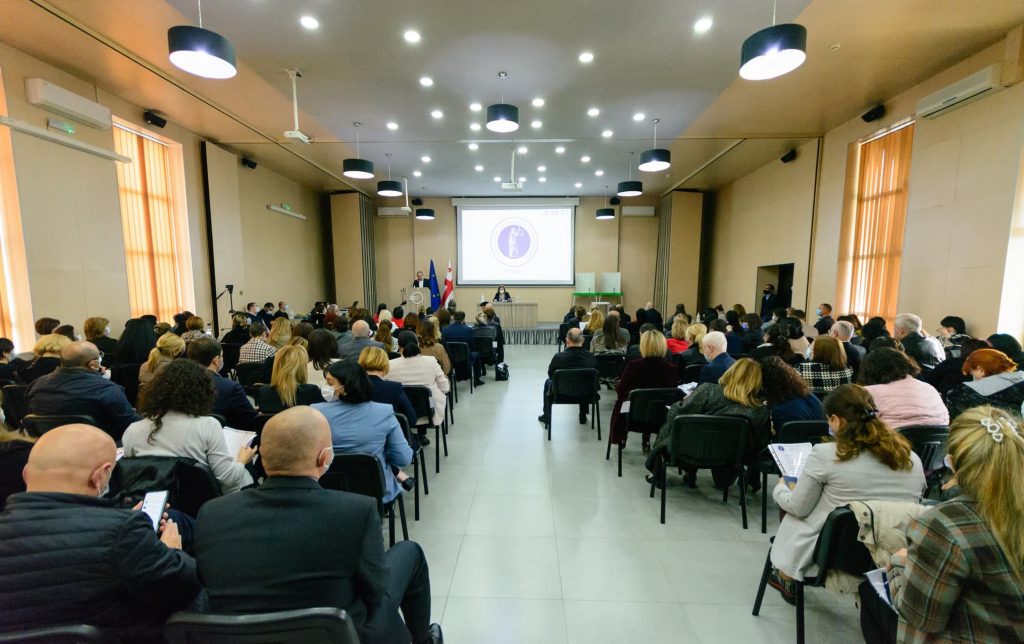The Administrative Committee of the Conference of Judges, the self-governing body of Georgian common courts, has lashed out at foreign diplomats, among others, in response to criticism over the recent appointment of two-judge members to the High Council of Justice.
The statement comes after the EU Delegation dubbed the appointments a “fifth setback” in Georgian judiciary, while the U.S. Embassy slammed the process for being “neither competetive, nor transparent.” President Salome Zurabishvili said electing the two members was “in this form and at this time is an incomprehensible step.”
Decrying “exaggerated, unjustified and contradictory” criticism, the Administrative Committee stressed all embassy employees, including the mission heads, are obligated by Article 41 of the Vienna Convention on Diplomatic Relations to respect the laws and regulations of the recipient state and not to interfere in its internal affairs.
“Any official or organization must realize the said decision by the Conference was neither incomprehensible nor a fifth setback,” the Committee stressed, going on to argue the appointments instead demonstrated judicial independence.
The statement highlighted that the Georgian judiciary “steadfastly maintains political neutrality,” and makes any decision in accordance with relevant legislation.
Slamming the U.S. Embassy statement, the Committee claimed remarks that some judges “undermine the legitimacy of the judicial system” and that many professional members of the judiciary are being shut out from the closed system are offensive to the entire judiciary and contravene the Vienna Convention.
The missive also decried diplomats’ assessments that the appointments were rushed, and would harm Georgia’s European integration. It stressed that the Conference was set in full compliance with Georgian legislation, and added that non-interference in the judicial branch “is the cornerstone of Western order.”
The Committee went on to argue that the law does not necessitate holding a competition for HCoJ membership candidates, noting they are instead nominated by other justices during the Conference. No judge was barred from naming a candidate, the missive stressed.
Highlighting that the vote took place in a free and competitive environment, the Committee said it is ready to debate any possible violations during the process.
“Otherwise, the assessments leave a feeling that certain subjects could not reconcile with the personnel decisions made at the conference, and this is why there is an attack on the judiciary,” the judges highlighted.
The Committee argued that four waves of judiciary reforms passed by the Georgian Dream government “with the active participation of the judicial branch” have fully ensured the independence and accountability of the judiciary.
The Conference of Judges elected two new judge-members of the HCoJ, the body overseeing the judiciary, on October 31, the day after bitterly-contested municipal runoffs. The appointees replaced Tea Leonidze and Tamar Oniani, who stepped down before their terms had expired, without clarifying the reasons behind their decisions.
Read more on the controversial appointments:
- Judiciary Developments: U.S. Slams ‘Closed System’
- EU Condemns ‘Fifth Setback’ in Georgian Judiciary
- Two Judge-Members Elected to High Council of Justice amid Criticism
This post is also available in: ქართული (Georgian) Русский (Russian)

